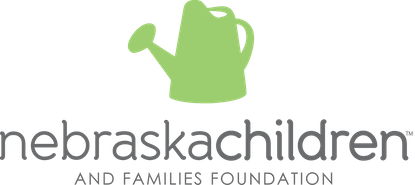Parents Interacting With Infants (PIWI)
Parents Interacting With Infants (PIWI) is an evidenced based set of practices based on beliefs (a “philosophy”) about families, children, and helping relationships. The objectives of PIWI are to increase confidence, competence and positive relationships for parents and children ages 0-2. It does so by keeping the parent-child relationship at the center and by supporting responsive, respectful parent-child interactions.
PIWI is part of the Center on Social and Emotional Foundations for Early Learning (CSEFEL), which promotes emotional development and school readiness for young children. CSEFEL is a national resource center funded by the Office of Head Start and Child Care Bureau.
The primary focus of PIWI is parent-child groups but it may be used in home visitation and other settings. PIWI has been successfully used in community-based Head Start, early intervention and other settings with a variety of parents and children. PIWI is not a curriculum but PIWI groups do follow a specified schedule which includes an opening, a focal topic for parent-child interaction and observation, a summing up and home activity.
Research
PIWI was developed by Tweety Yates, Ph.D. and Jeannette McCollum Ph.D., University of Illinois.
Training
For sites funded by Nebraska Children and NCAPF, start-up and assessment in the first year includes:
- Training for facilitators
- Delivery through 9 small group sessions utilizing 6 developmental observation topics included in the model and 3 additional developmental observation topics based on the needs of session participants
- Option to infuse PIWI into other services, ranging from home visitation to swim lessons
- Completion of an implementation guide checklist after the first and fifth session
- On-site observation by outside consultants
- Completion of an action plan for continuous quality improvement
General prerequisites for new trainees include knowledge of early child development and experience in working with parents and young children.
State partners
Nebraska Child Abuse Prevention Fund Board
Nebraska Children and Families Foundation
Nebraska DHHS Lifespan Health Services: Maternal Infant and Early Childhood Home Visitation
Related strategies
Pyramid Model, Center on the Social and Emotional Foundations of Early Learning

